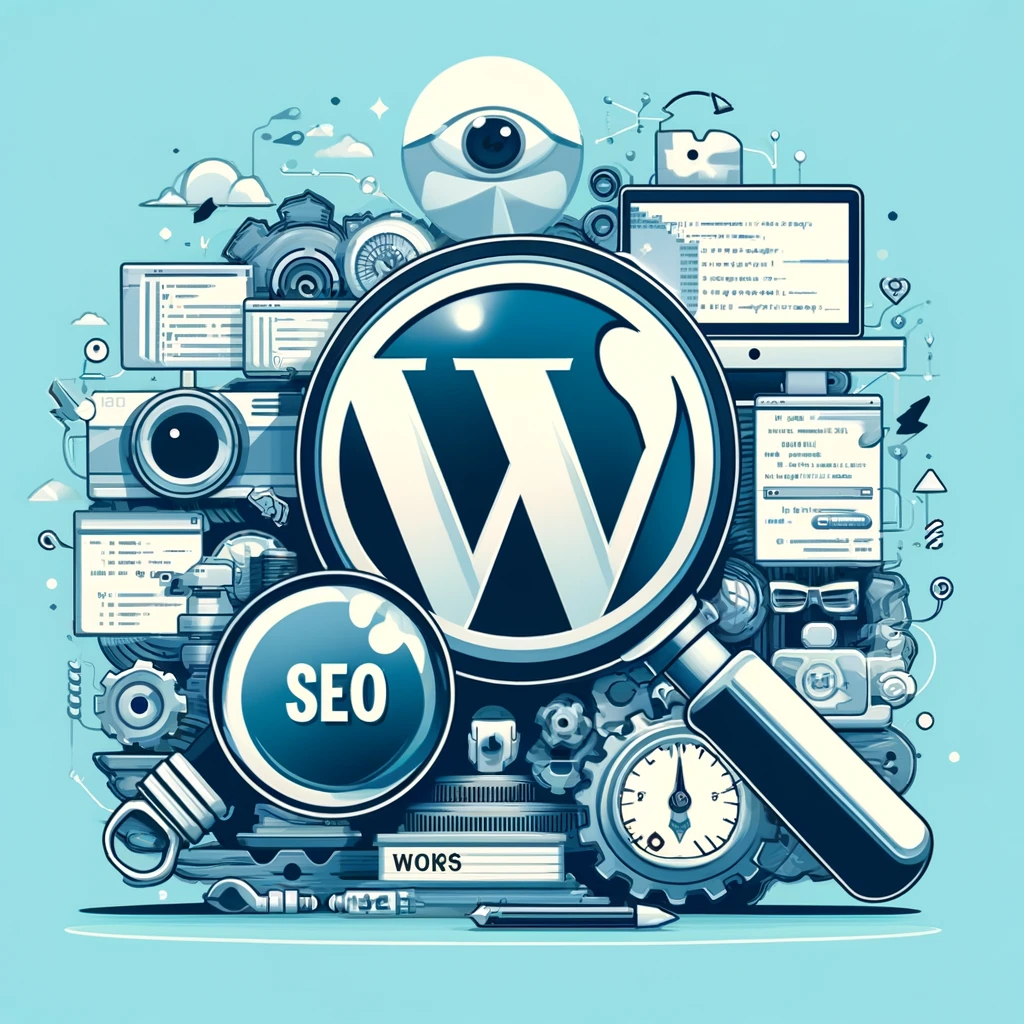Navigating Common Pitfalls and Optimizing Performance
WordPress stands as a towering figure in the realm of website creation, beloved for its adaptability and user-friendly interface. However, when diving into Search Engine Optimization (SEO), several inherent challenges can surface, potentially impacting a site’s ability to rank well on search engines.
One primary issue is the need for additional plugins to effectively manage SEO. While WordPress provides basic tools, these are often insufficient for optimal performance. Plugins like Yoast SEO or All in One SEO Pack are almost mandatory to enhance your site’s SEO. They offer features such as sitemap generation, SEO-friendly titles, meta descriptions, and more. However, relying heavily on plugins can lead to a bloated website, where each added plugin increases the risk of slow loading times and potential conflicts between plugins, both of which are detrimental to SEO rankings.
Moreover, the very structure of WordPress can contribute to SEO difficulties. Many WordPress themes come with built-in styles and scripts that are not always necessary, adding extra weight to the site. This bloated code can slow down page speed—a critical factor in Google’s ranking algorithm. Optimizing these scripts or selecting a minimalistic theme can mitigate such issues, but it requires a hands-on approach and regular maintenance.
Additionally, WordPress’s frequent updates are a double-edged sword. While they’re essential for security and feature enhancements, they can disrupt plugin functionality if the plugins are not concurrently updated. Such inconsistencies can harm your site’s SEO if key features stop working or slow down due to compatibility issues.
To navigate these challenges, WordPress users must:
- Choose plugins wisely: Opt for plugins that are well-coded and highly rated by the community.
- Regularly update and maintain: Keep WordPress and all plugins up to date to avoid security vulnerabilities and performance issues.
- Optimize theme code: If possible, streamline the theme to minimize unnecessary scripts and styles.
In conclusion, while WordPress offers a flexible platform for building and managing a website, it comes with its set of SEO challenges. Addressing these effectively involves a careful balance of plugin use, ongoing site optimization, and regular updates. With these strategies in place, you can enhance your WordPress site’s SEO, ensuring better visibility and higher rankings in search results.

 Cyber:
Cyber:  Tel: (773) 236-1717
Tel: (773) 236-1717
Leave a Reply